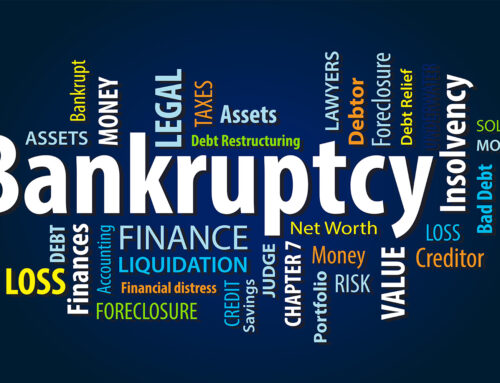Filing for bankruptcy is never anyone’s first choice. There are a number of options to explore before meeting with a bankruptcy lawyer to determine whether it’s the right solution to your circumstances. One of these pre-bankruptcy options is to take out a debt consolidation loan.
What is Debt Consolidation?
Debt consolidation is the combination of several unsecured debts—payday loans, credit cards, medical bills—into one monthly bill with the illusion of a lower interest rate, lower monthly payment and simplified debt relief plan.
Unfortunately debt consolidation promises one thing but often delivers another. That’s why dishonest companies that promote too-good-to-be-true debt relief programs continue to rank as the top consumer complaint received by the Federal Trade Commission.
The debt consolidation loan interest rate is usually set at the discretion of the lender or creditor and depends on your past payment behavior and credit score. Even if you qualify for a loan with low interest, there’s no guarantee the rate will stay low. Lower interest rates on debt consolidation loans can change. This specifically applies to consolidating debt through credit card balance transfers. The enticingly low interest rate is usually an introductory promotion and applies for a certain period of time only. The rate will go up over time.
Consolidating your bills means you’ll be in debt longer. In almost every case, you’ll have lower payments because the term of your loan is prolonged. Extended terms mean extended payments. Your goal should be to get out of debt as fast as you can! Debt consolidation doesn’t mean debt elimination. You are only restructuring your debt, not eliminating it.
Can You Still File for Bankruptcy?
In some cases, debt consolidation isn’t effective enough and bankruptcy is the best option. First, you should understand that there are two types of bankruptcy: Chapter 7 and Chapter 13. Chapter 7 uses your nonexempt assets to pay your creditors, either in full or partially, depending on your assets. You are able to keep your exempt property and any remaining debt will be erased. Similar to debt consolidation, Chapter 13 establishes a new debt payment plan based on your income and is often used by those with a degree of disposable income to avoid losing assets.
A debt consolidation loan will be treated as unsecured, which means you can have it discharged like other debt. To that end, you should consult with a bankruptcy lawyer to see if filing for Chapter 7 bankruptcy is best for your financial situation and to avoid having your debt considered “bad faith.” This implies you had no intention of paying off your debt and may prevent a bankruptcy discharge.
The decision to file for bankruptcy doesn’t come easily and can be confusing and complicated. That’s why it’s vital to have an experienced bankruptcy lawyer you can trust. Contact the Brent George Law Office today to get started.






